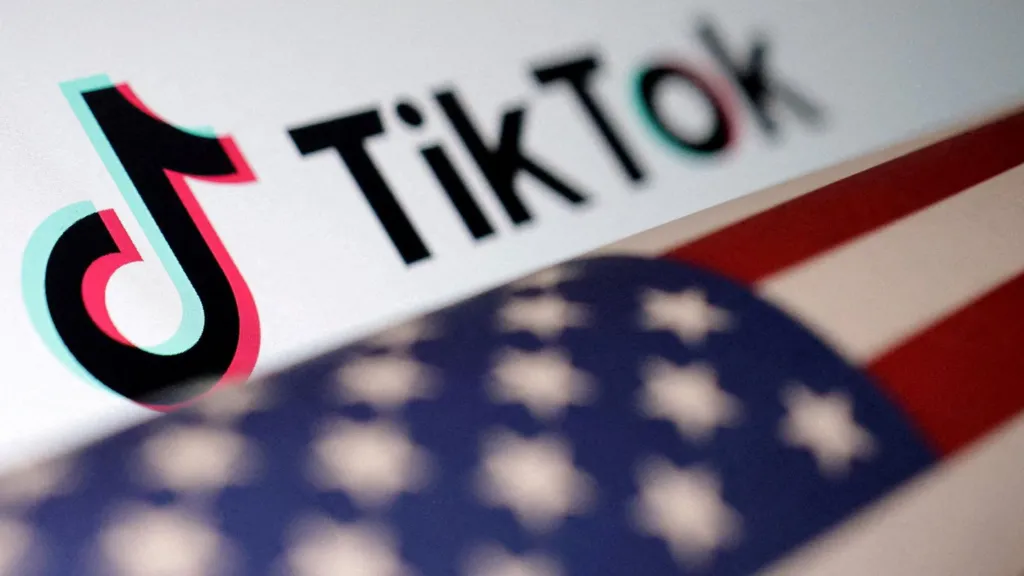Former HeadSpin CEO Manish Lachwani was sentenced on Friday to 18 months in prison for defrauding investors by falsifying revenue and customer records. This deception helped the company achieve “unicorn” status with a valuation exceeding $1 billion in 2019. Lachwani, who was charged by the Securities and Exchange Commission (SEC) in 2021, pleaded guilty in April 2023 to two counts of wire fraud and one count of securities fraud, as confirmed by the Justice Department.
“Today’s sentencing should send a message to other entrepreneurs who may be tempted to cross the line into fraud and to ‘fake it until they make it,’” stated U.S. Attorney Ismail Ramsey. He emphasized the commitment to protecting investors, particularly those fueling Silicon Valley’s innovation, from startups that misrepresent their finances.
Deceptive Practices and Investor Fraud
Lachwani’s fraudulent activities included controlling all key aspects of HeadSpin’s sales and financial records while isolating company employees in different departments. The SEC’s August 2021 complaint detailed how Lachwani manipulated information provided to HeadSpin’s bookkeeper, including fabricating supporting documentation for claimed revenue amounts.
He misled investors by presenting false records on annual recurring revenue (ARR), growth, and actual revenue figures. For example, Lachwani falsely claimed that a major San Francisco-based ride-sharing company had committed to paying HeadSpin $1.44 million per year. In reality, the company made a single purchase worth $720,000 in 2018, with no long-term agreement. Lachwani created fake invoices to bridge the gap between his false claims and the actual revenue.
Financial Misrepresentation and Personal Gain
From April 2017 to April 2020, HeadSpin raised over $100 million from investors. During a 2019 fundraising round, Lachwani sold $2.5 million of his shares while exaggerating the company’s performance. When questioned by an investor about the substantial “unbilled revenue” in HeadSpin’s financial statements, Lachwani falsely claimed that the company allowed customers to use the product for several months before billing.
In 2020, HeadSpin’s board was alerted to irregularities in the company’s financial and customer records. An investigation revealed that the reported ARR of $80 million at the end of 2019 was actually closer to $10 million. Following this discovery, Lachwani was forced to resign in May 2020, and the company’s valuation was revised from $1.1 billion to $300 million.
Sentencing and Penalties
Alongside the prison sentence, Lachwani was fined $1 million and will serve three years of supervised release after completing his prison term, according to the Justice Department. This case highlights the severe consequences of financial misrepresentation and fraud in the entrepreneurial and investment sectors.
















